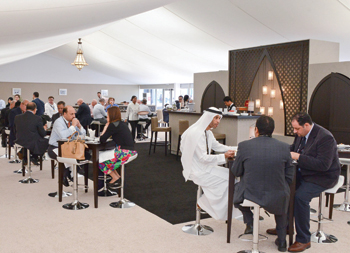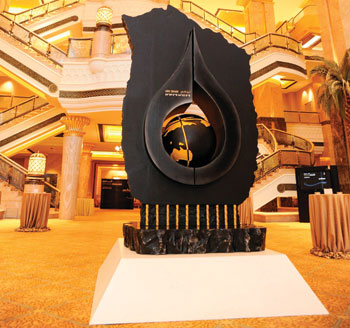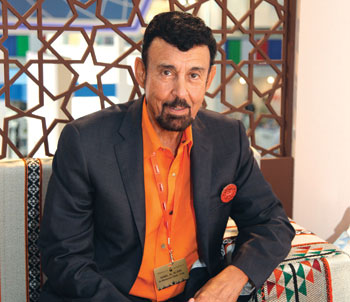
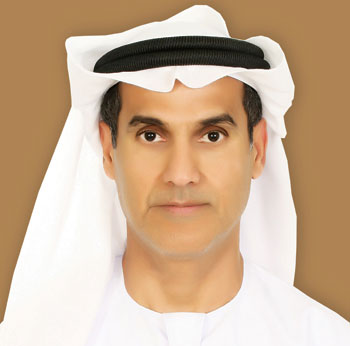 Al Shamsi ... committed to excellence
Al Shamsi ... committed to excellence
A PART from the billions of dollars’ worth of business, the numerous opportunities provided at Adipec will allow professionals in the energy sector to deliberate sustainable approaches to energy production, through research, innovation, and a focus on developing local talent, says Ali Khalifa Al Shamsi, Adipec 2014 chairman, and strategy & Coordination director at Adnoc in an exclusive interview with OGN.
“We also believe that emerging markets will use Adipec to benchmark their practices against key market players, amplifying their capacity to allocate their resources both effectively and efficiently. All of this collectively plays a critical role in meeting the world’s energy needs in the short, medium, and long-term,” he adds while sharing his thoughts on the tangible benefits Adipec brings to the UAE and Abu Dhabi. Excerpts:
In its 30th year, what new features and initiatives have been added to Adipec? What will be the special highlights of the show?
Adipec 2014 will break its previous records in all expects, from the number of participating exhibitors, speakers, and countries, to the number of visitors and delegates attending the exhibition and conference. Last year, Adipec re-launched as an annual event, and this has been welcomed with tremendous success. More than 1,800 and 6,500 delegates will be participating in Adipec 2014, with more than 60,000 visitors from 127 countries set to attend.
Adipec has developed into one of the largest energy events in the world, and this was only possible through our continuous efforts to introduce new features that meet the industry’s ever-growing thirst for knowledge. We have 16 National Oil Companies (NOCs) and 17 international oil companies (IOCs) confirmed this year, more than ever before, with 20 international pavilions that include major market players, such as the US, China, and Canada.
This year we will be featuring renowned physicist Dr Michio Kaku as Adiepc’s key note speaker. Dr Kaku, who is a well-established authority on the environment and one of the most widely recognised figures in the science world, will be shedding light on where the industry is headed over the next three decades in meeting the world’s continuously growing energy demand.
Adipec has carved out a niche for itself as a leading oil and gas exhibition in the region. What according to you has led to the remarkable progress and growth of Adipec into a world-class event over the years?
It is our commitment to excellence that has evolved Adipec into what it is today. Industry professionals participate in Adipec to share knowledge and expertise, and emerging markets look to the event as an opportunity to learn best practices. The show offers the perfect platform for leaders from the energy sector to come together and exchange ideas, and the increasing participation of well-established oil companies has cemented Adipec as a global knowledge-sharing hub for the energy sector.
Adipec’s success could not have been achieved without the combined efforts of all stakeholders, from the event managers and members of the executive committee, to the exhibitors and speakers participating in this industry-setting event.
The event’s theme this year is ‘Challenges and opportunities for the next 30 years’. Can you reflect on why was this topic chosen? What is its relevance in the current scenario?
Securing sustainable resources for the world’s growing energy demand is a global objective. Access to sustainable resources of clean and affordable energy plays a critical role in the progress of developing countries and is essential to reach all of the Millennium Development Goals set by the United Nations.
The increasing energy demand can be clearly seen in the numbers. According to BP’s “Energy Outlook 2035” report, global energy consumption is slated to rise 41 per cent from 2012 to 2035. In addition, 95 per cent of global energy consumption growth is expected to come from emerging economies, with nearly all net demand oil growth coming from China, India, and the Middle East. By 2035, energy use in these economies is expected to be nearly 70 per cent higher than in 2012. Growth in oil and gas supply is expected to come primarily from the Middle East and the Americas.
‘Challenges and opportunities for the next 30 years’ was selected as the theme of this year’s event to reinforce Adipec as the perfect platform for industry leaders to come together with the common goal of securing sustainable resources of energy for the future.
As the chairman of the show, what is your official role in the event? How difficult is it to oversee the overall show including the technical conference?
My role is to provide strategic guidance to the team organising Adipec 2014, and to ensure that all key industry topics are addressed through this event. However, I cannot emphasise enough how much this is a team effort. Planning an event of this scale requires the collaboration and cooperation of all team members, and Adipec’s success is a testimony to their efforts.
Is any new category being added to the Adipec Awards?
Yes, a seventh and new category was introduced this year, the Best Oilfield Services Company Award. This award recognises exceptional service to the region’s oil and gas industry, based on ethical and sustainable practice, adherence to timelines, cost control, and overall value.
The distinguished awards received a record number of submissions this year, with 396 entries, compared to last year’s total of 292. The number of participants also showed a significant increase, with 100 companies taking part this year compared to 79 companies last year.
As we look forward to the next 30 years in the oil and gas industry, it is clear that innovation and technology will be the key to a sustainable future. The seven categories in the Adipec Awards represent some of the most important aspects in the energy sector, and among the 396 entries received, there are many projects that will make a big difference as we progress in our field. A particularly exciting aspect of the Adipec Awards is that they challenge and encourage the considerable young talent in our industry, as well as cultivate Corporate Social Responsibility among the next generation of oil and gas professionals.
What tangible benefits do the UAE and Abu Dhabi hope to achieve by organising Adipec year after year?
The numerous opportunities provided at Adipec will allow professionals in the energy sector to deliberate sustainable approaches to energy production, through research, innovation, and a focus on developing local talent. We also believe that emerging markets will use Adipec to benchmark their practices against key market players, amplifying their capacity to allocate their resources both effectively and efficiently. All of this collectively plays a critical role in meeting the world’s energy needs in the short, medium, and long-term.
More than half of the 60,000 oil and gas professionals attending this year’s event have direct purchasing power. In previous years, ground-breaking contracts between NOC’s, IOC’s and service companies have been signed onsite at Adipec and the event witnesses billions of dollars’ worth of business being done during the four show days, and we expect the same this year.
What are the main challenges and opportunities, the UAE faces in the gas sector?
The UAE is one of the 10 largest producers of oil and natural gas in the world, and is a member of the Organization of Petroleum Exporting Countries (Opec), and the Gas Exporting Countries Forum (Gecs). The UAE holds the seventh largest proved reserves of oil in the world at 97.8 billion barrels, with the majority of reserves – 94 per cent – located in Abu Dhabi. The UAE also holds the seventh largest proved reserves of natural gas in the world, at just over 215 trillion cubic feet.
The country’s commitment to research and development (R&D) has helped address some of the challenges facing the UAE’s energy sector. For example, enhanced oil recovery (EOR) techniques designed to extend the lifespan and improve the recovery rates in the country’s existing oil fields have helped to nearly double the proved reserves in Abu Dhabi over the last 10 years.
The technical difficulties of producing the UAE’s sulphur-rich natural gas, which is highly corrosive, once posed a challenge to further developing the UAE’s reserves. However, advances in technology and the growing demand for natural gas in the country make our vast reserves a worthwhile alternative to regional imports.
How has the discovery of shale in many parts of the world affected the quest for renewables?
The discovery of shale has demonstrated the potential that unconventional resources hold for the world’s energy sector, and the importance of further looking into such resources as offering reliable, safe and clean supplies of energy. Such discoveries help reduce the reliance on global oil supplies, in return boosting access to energy and offering numerous positive benefits to the economy, particularly in non-oil producing countries.
How far has Abu Dhabi arrived in its quest to explore the viability of extracting shale gas? Do the plans to develop shale gas deposits hold promise for the economy?
Shale gas will complement our energy production in the future, and we are currently exploring the viability of extracting this unconventional resource from within Abu Dhabi and the UAE.



















































































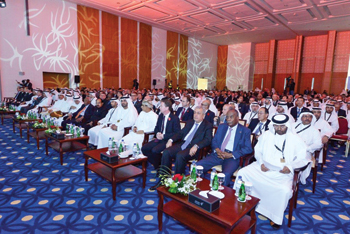

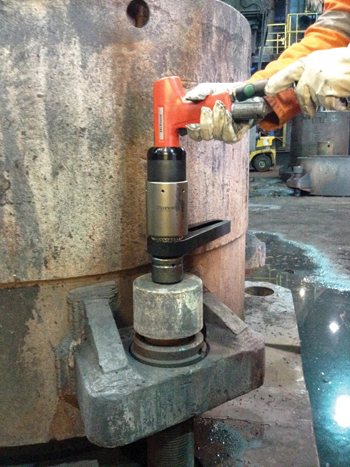
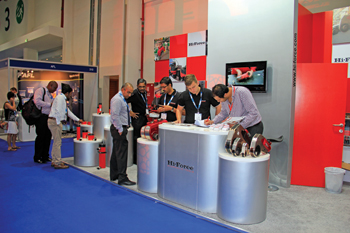
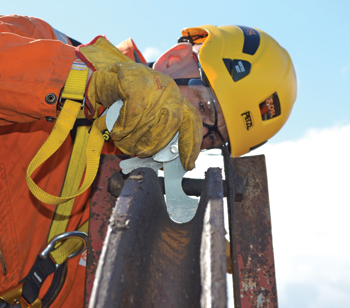
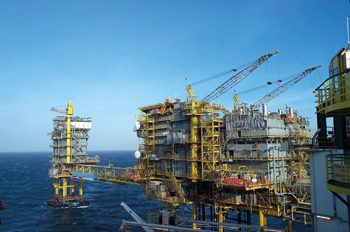
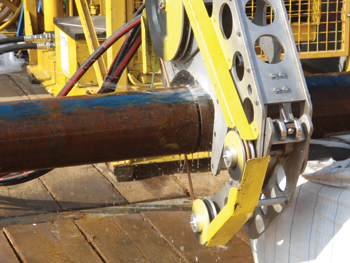
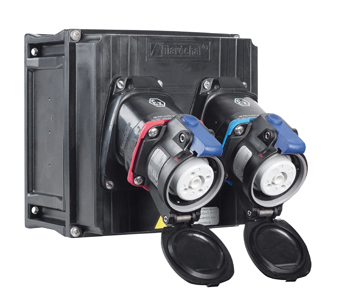
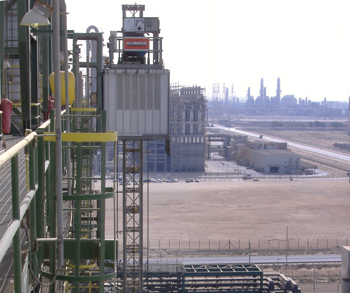
.jpg)
